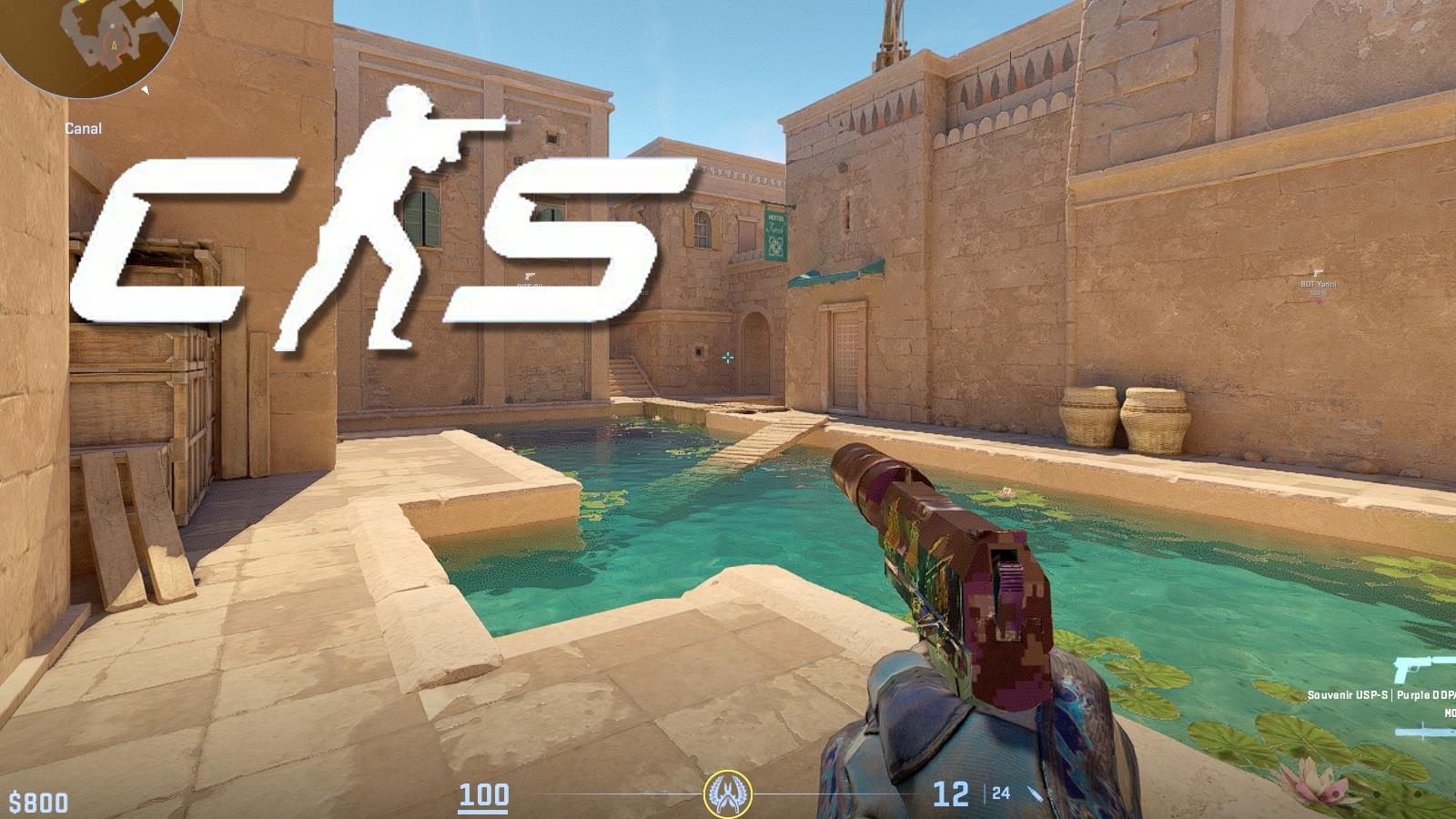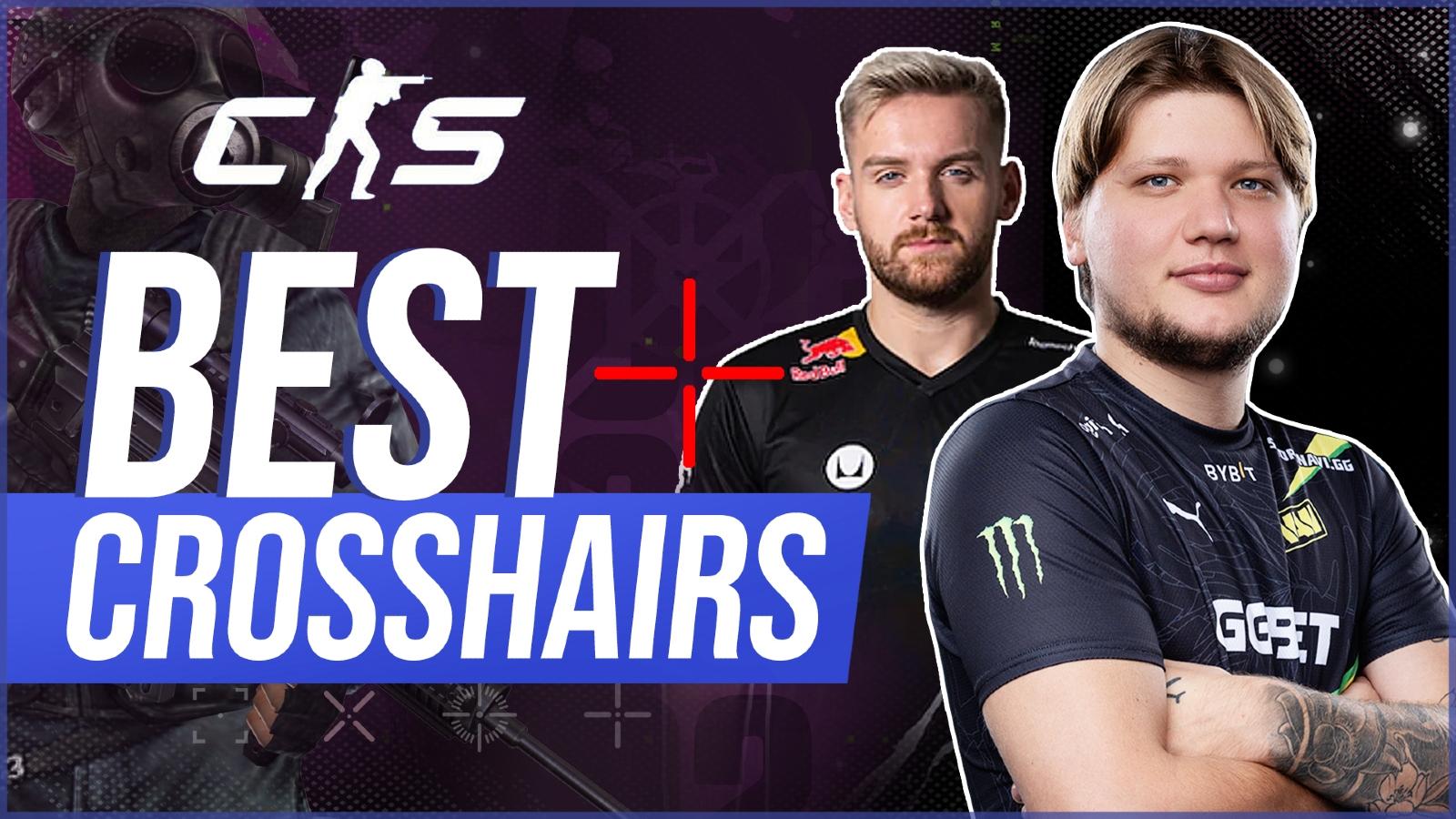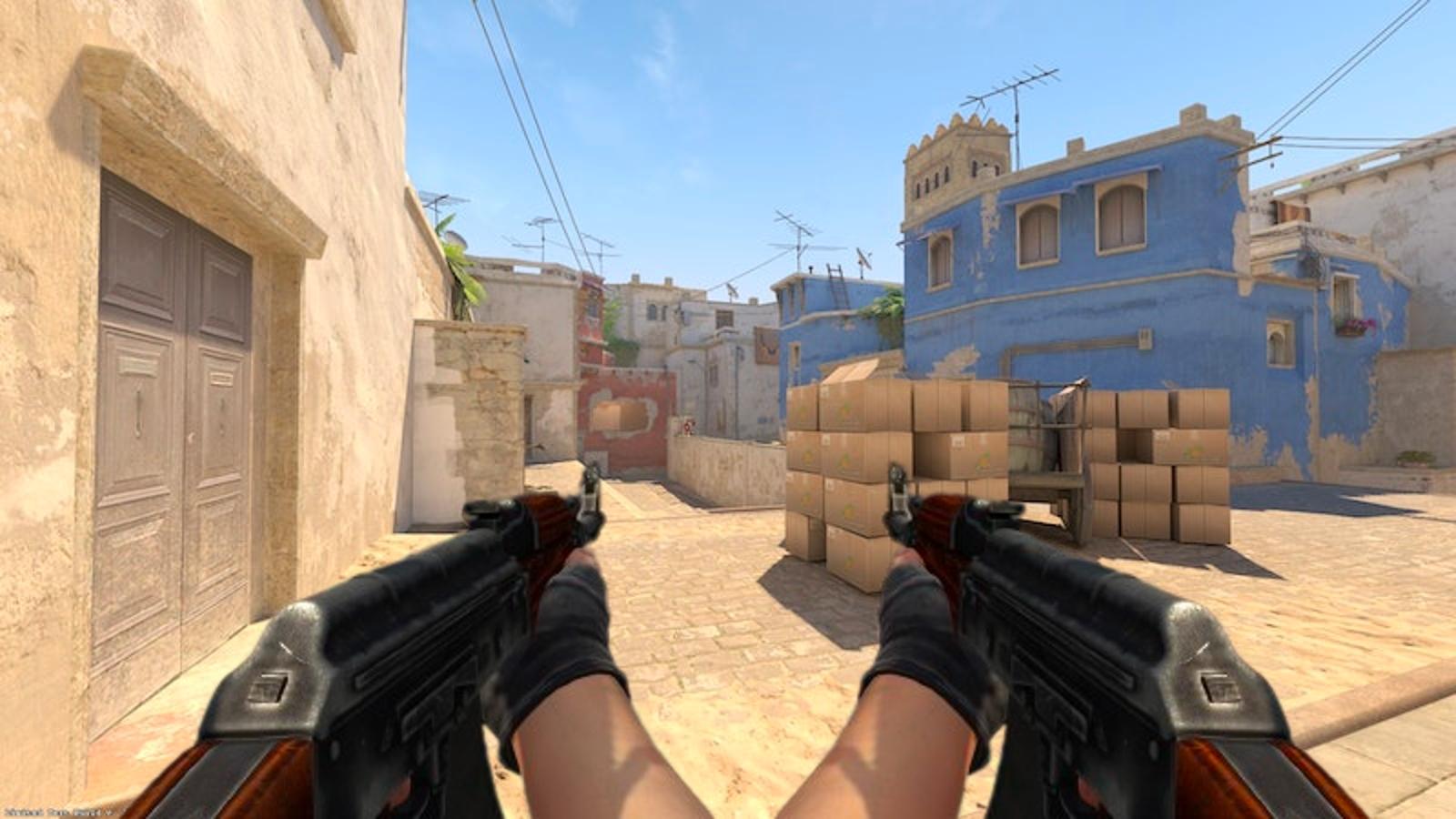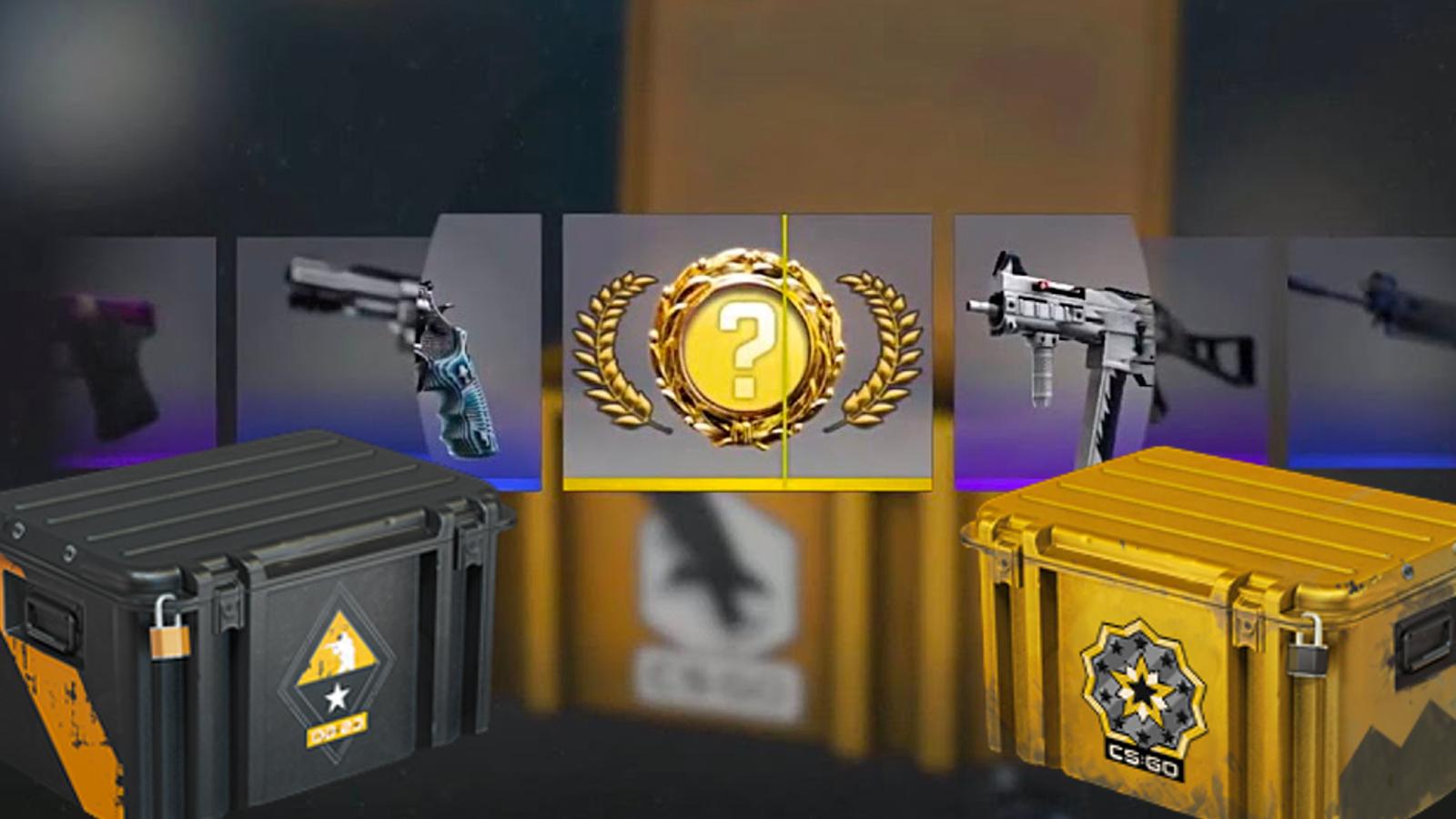Kjaerbye returns from CS:GO retirement: “I’m much stronger physically and mentally”
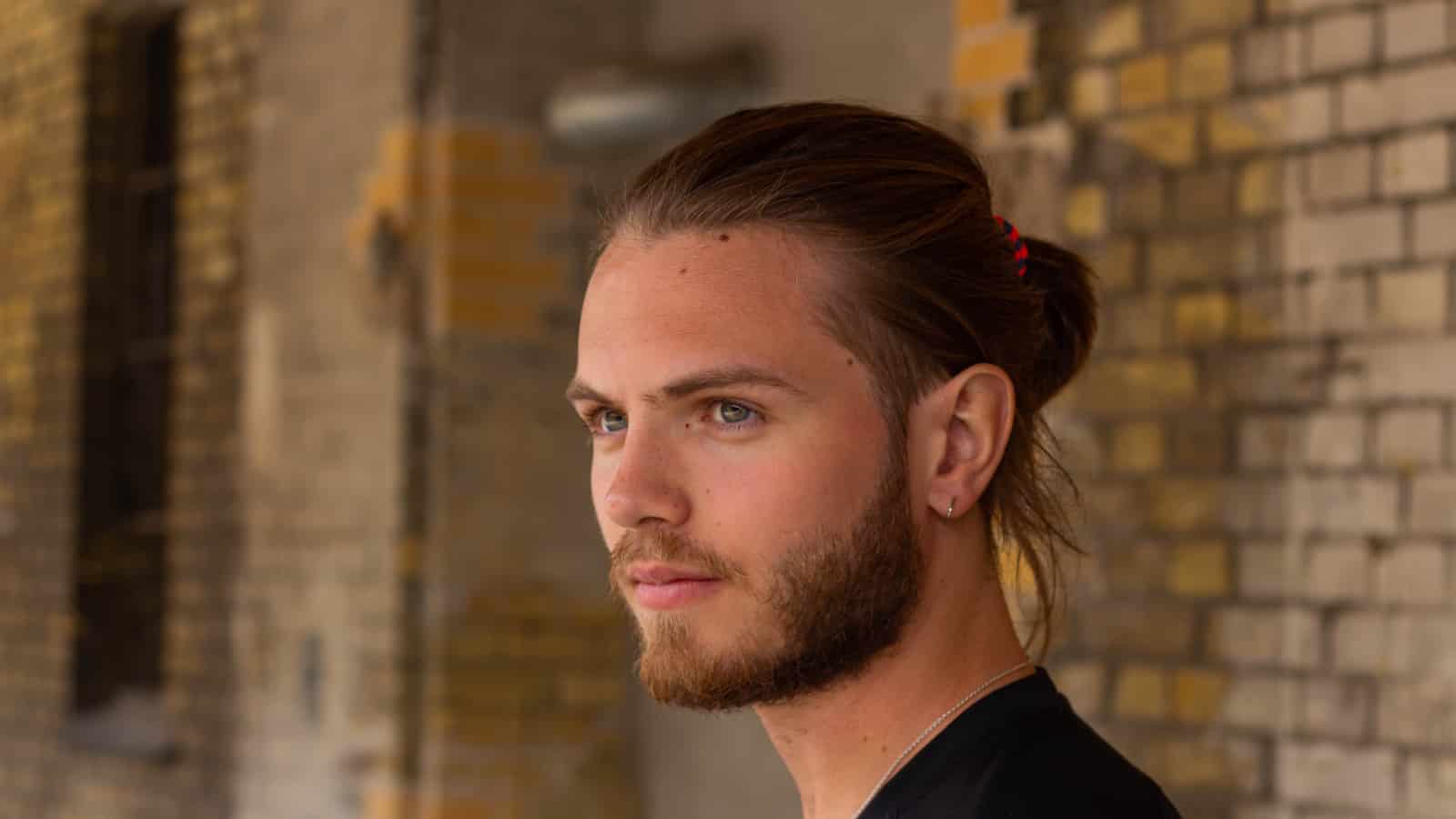 Simon Ottesen/DayZero
Simon Ottesen/DayZeroIn an exclusive interview with Dexerto, ELEAGUE Major Atlanta winner Markus ‘Kjaerbye’ Kjærbye announces he is coming back to activity after almost a year on the sidelines. He talks at length about what has changed about him since his retirement and the personal issues that derailed his career after leaving Astralis in 2018.
On December 28, Kjaerbye decided it was time to reopen a door he thought he had closed for good.
That was the day he found out that his application to complete Denmark’s four-month military training had been turned down. It was the final item Kjaerbye wanted to cross off his list before giving Counter-Strike one more ride.
Denied the chance to serve his conscription, known in Denmark as værnepligt, Kjaerbye began what he hopes to be the journey that will take him back to the top. Three months later, he is finally ready to announce that he is unretiring from Counter-Strike. He believes there are a few chapters left to write in a career that reached a breathtaking apogee when he helped Astralis to win ELEAGUE Major Atlanta in 2017.
“I just couldn’t stop playing after that,” he says over a virtual call, the purpose of which is to discuss the changes he has been through since that June 30 tweet announcing his retirement from the game.
Kjaerbye is trim, tanned and bearded, his hair carefully tucked behind his ears. He is the picture of health, which he attributes to a more balanced lifestyle after dealing with mental issues towards the back-end of his career. “I’m not a completely different person, but I’m much stronger physically and mentally.”
Ver esta publicação no Instagram
It was only in the summer of 2019, more than a year after his career had begun to spiral downwards, that Kjaerbye opened up about struggling with motivation problems. In May of the following year, amid the outbreak of the global health crisis, he took a leave of absence from his then team, North, to address health issues that included “abdominal pain, breathing problems and chest cramps.”
When he returned two months later, suddenly there was no place for him in the North squad. Released from his contract by mutual agreement, he joined FaZe in an ill-fated spell before linking up with other Danish players in a short-lived project called HYENAS — his final team.
In his retirement post, Kjaerbye revealed that he no longer had “the hunger and determination it requires to compete on a top level.” He seemed at peace with his decision. The following day, he began working at his father’s café, doing the dishes and preparing coffee for customers. He also landed a job as an intern in a psychology firm.
Thank you CS 💙 for all the opportunities & memories you have given me! pic.twitter.com/nFdpT4LqMp
— KJAERBYE (@KjaerbyeCS) June 30, 2021
He was looking for new ways to challenge himself and socialise more after feeling isolated during the early stages of the pandemic. “I never had the opportunity to meet my FaZe teammates,” he noted. But as he distanced himself from the game, the hunger to compete again began to grow inside of him.
“I had a lot of talks with other professional sports athletes, who advised me to move on with my life,” Kjaerbye said. “They said, ‘It’s hard after doing something for so many years, but try to get a new identity or find out what you want to do next.’
“I really tried to do that. I also did a really long interview about why I had quit playing and what I had been doing. But after I had it [the article] in my hands, it felt wrong to quit playing Counter-Strike. I could just feel in my gut that I was not done.
“I was just exhausted and I had not listened to my body. I had not respected my mental health. After I told them the article could not be released because I was not done playing, I transformed my life overnight.”
New routine
Now, Kjaerbye doesn’t go without his daily exercise routine, which includes stretching and running. He runs 60 to 70 kilometers per week on average, his workouts improving every aspect of his life, even his Counter-Strike ability.
Left ankle is sprained and felt tired this morning. What is your excuse today? Overcome the excuses in your head and be rewarded with complete satisfaction. pic.twitter.com/hAjOgoHyNZ
— KJAERBYE (@KjaerbyeCS) January 15, 2022
“I feel so calm in my game,” he explained. “I don’t overthink my decisions too much [anymore]. I can feel that I have created the perfect way for me to perform.”
Before the turn of the year, he travelled to Spain to visit a friend and celebrate the New Year. While there, he would drive one hour every day to a local internet café, where he would play FACEIT pug games and deathmatch, undeterred by high ping. “It was a really good experience, but a part of me just wanted to go home so I could play more.”
For months he resisted the urge to tell the world that he was back. He wanted to be sure that his rediscovered love for competition was not ephemeral and that his return to the game would not see him revert to old habits.
Kjaerbye is happy to see daily improvements in his game, but he knows that there’s only so much that he can work on outside of a team environment. He’s focused on building himself back up, more concerned about the process than the end result. In the past, he had an obsession with being the best player in the world, which led to frustration and annoyance when things didn’t go his way.
Surprisingly, he still hasn’t told some friends and family members about his decision to pick up Counter-Strike again. But it’s not because he’s worried about their reaction or afraid that they might try to talk him out of it. After years in which he relied too much on the opinion of others when it came to making big decisions, he is now taking “full responsibility for everything in my life.”
“The way I do that is by not being too influenced by what other people think is a good or bad decision for me.”
Struggling after leaving Astralis
Kjaerbye’s more mature approach and ability to regulate impulsive behaviour are the result of the demons he battled for several years after a much-scrutinised decision that not only impacted his career and life, but also ended up changing the Counter-Strike landscape.
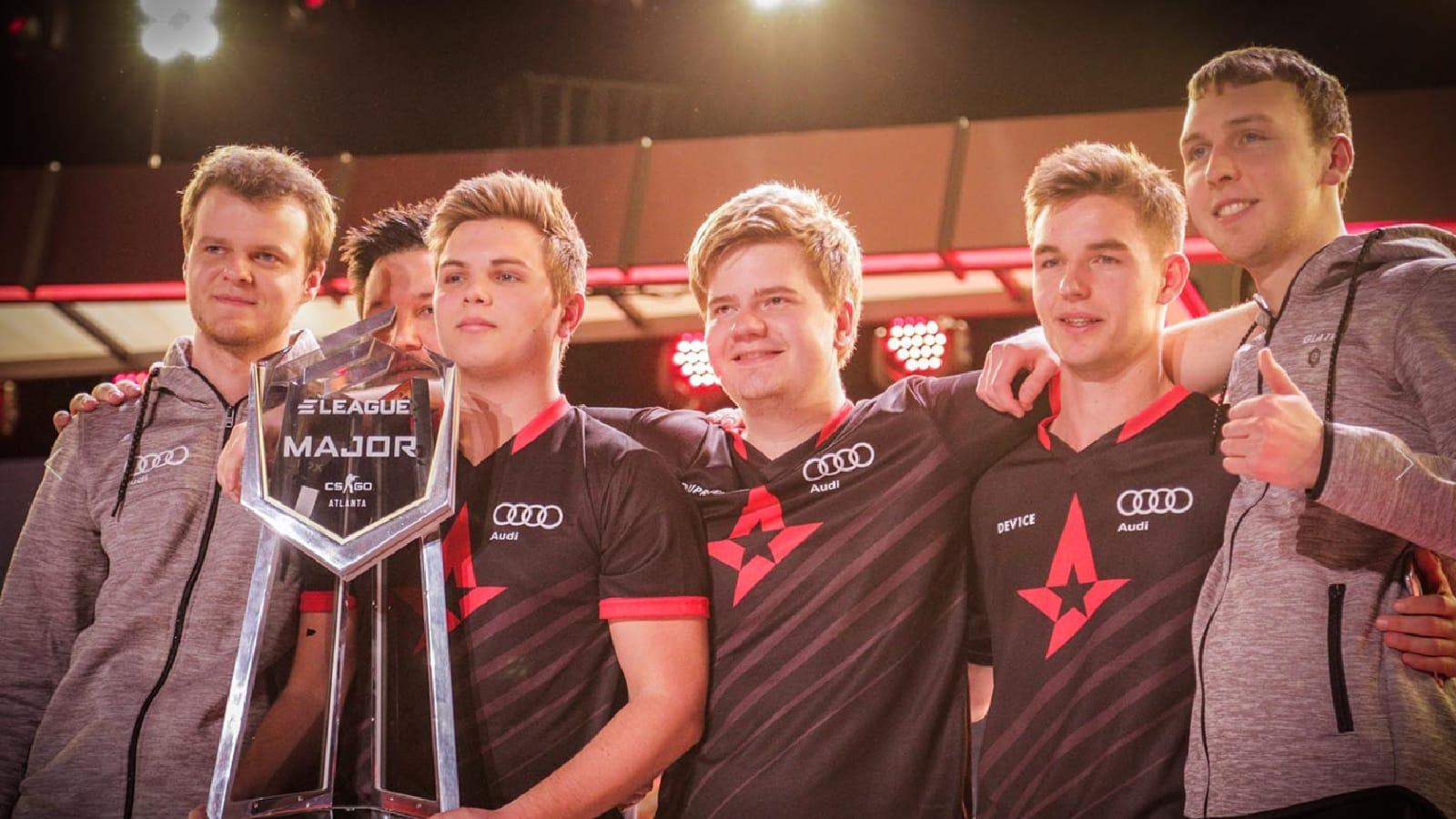 Turner
TurnerIn the aftermath of Astralis’ early exit at ELEAGUE Major Boston in 2018, Kjaerbye decided against signing a new contract with the organization and joined Danish rivals North, backed by football club FC Copenhagen. The decision caught everyone by surprise, including his Astralis teammates, with Nicolai ‘dev1ce’ Reedtz revealing that Kjaerbye had ignored the team for days in the lead-up to his unveiling by North.
The secrecy behind the move was part of FC Copenhagen’s plan to “humiliate” Astralis, then head coach Danny ‘zonic’ Sørensen would later write in his book, The Brain Behind Astralis.
“I think I punished myself for many years for burning a bridge with my former teammates, who were almost like family to me,” Kjaerbye says. “Signing with another team and not being able to say goodbye to them or look them in the eye and say, ‘OK, guys, I’m moving on.’
“Everyone had an opinion about me. ‘How can you leave your teammates without saying goodbye?’ And I totally agree. It took me four years to forgive myself. I always thought I needed people to forgive me for what I did, but what I realised is that I just needed to forgive myself.
“People ask me a lot if I regret my decision to leave. I just regret the way that it happened. It was really immature. I’ve learned a lot from it.”
Kjaerbye recalls breaking down into tears when he returned home after being announced as a North player. He regrets not pushing the North management to allow him to say goodbye to his Astralis teammates and explain himself. “It hurt me as a person for many years,” he says, adding that the episode “left a scar” in his relationship with the other players.
With Emil ‘Magisk’ Reif in Kjaerbye’s place, Astralis embarked on their own era of success, while Kjaerbye’s career lost momentum. After becoming the youngest-ever player to win a CS:GO Major and be named Major MVP at 18 years and 277 days old, Kjaerbye saw his stock drop considerably with his new team.
In his unveiling video, Kjaerbye spoke of his “dream” to win again with another team. But the reality was quite different. A surprise victory at DreamHack Masters Stockholm 2018 was practically the only bright spot in an otherwise forgettable three-year tenure with North, who failed to challenge for the biggest honours and became somewhat of a meme in the Counter-Strike scene.
“I’d wake up every day wanting to say sorry to my former teammates and get it out of my system,” he says. “I was not able to move on because I thought that going out and saying sorry was a sign that I was weak or that I didn’t believe in the North project.
“I had to move on and try to do my best, even though it was mentally hard to see Astralis do so well. I was happy for them, but it was so demotivating for me. I felt like I had burned that bridge, so I could never come back to the best team in the world, no matter how well I was playing.
“I was too much in my head and I also gained some weight. I was not in a good mental place and I was never able to reset and become a good version of myself.”
Veteran in-game leader Mathias ‘MSL’ Lauridsen is one of the players in Denmark who knows Kjaerbye best. The pair first played together in 2015 and 2016 on a promising Dignitas team before Kjaerbye was signed by Astralis amid much fanfare.
When they reunited on North almost two years later, MSL felt that something was not quite right with his teammate.
“When he joined North, he got so much s**t in his face, and I think he couldn’t handle it,” MSL said in an interview with Duncan ‘Thorin’ Shields. “I could feel that he was a bit distant and not in it. He wasn’t putting in 100 percent, in my opinion.”
Kjaerbye agrees with that assessment and says that he was ill-equipped to handle all the attention his move generated. “The pressure broke me. I was not happy with life. I would play without being happy.” He grew suspicious of the media and fans, and there were times when he felt misunderstood. “But all that was because I was not mature enough to go out there and say what was necessary for me to get peace and move on. When you f**k up, you need to say, ‘Sorry, I f**ked up.’”
Rushed choices
One month after leaving North, Kjaerbye found himself a new home, joining FaZe — a team with a lot of underlying issues — as a replacement for Aurimas ‘Bymas’ Pipiras.
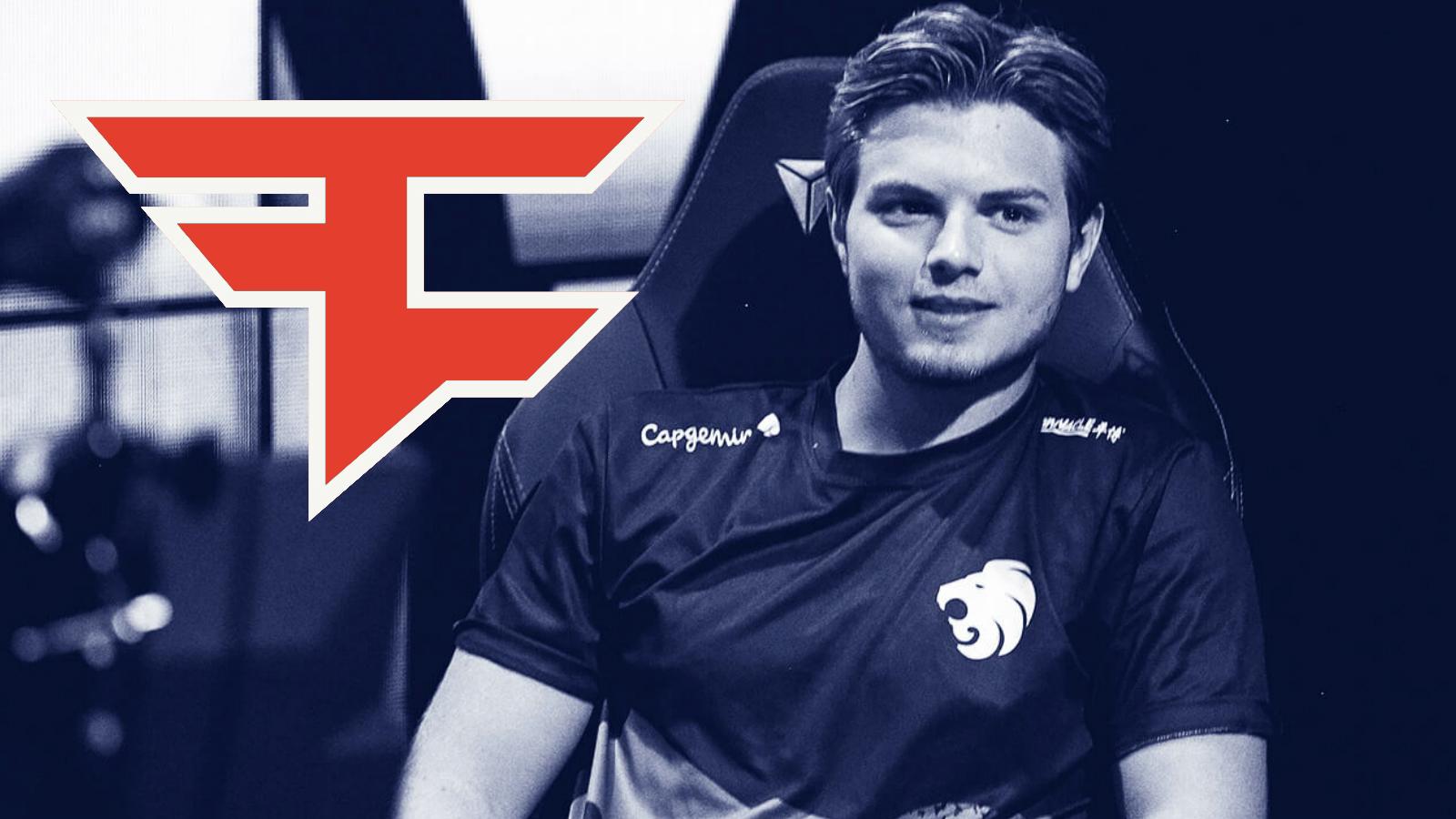 StarLadder
StarLadderPlaying in new positions and communicating in English for the first time in his career, Kjaerbye showed only flashes of his talent — mostly in the team’s victory in IEM New York, one of Nikola ‘NiKo’ Kovač’s final events for FaZe before he signed with G2.
“I could feel straight away that I was not really the priority,” he says. “I think they wanted an in-game leader at the time. NiKo was still calling, and he didn’t really want to do it. There was a weird dynamic on the team.”
After NiKo left, FaZe went through a horrendous slump, winning only three of the 11 series that they played in the months that followed. On January 30, FaZe signed Russel ‘Twistzz’ Van Dulken as their new fifth player and moved Kjaerbye to the bench — a move he allegedly found out about through the media.
“I feel I lacked transparency,” he says. “I like to get feedback. Just come to me and say, ‘You need to improve on this.’ But it was really tough not getting a warning or hearing anything.
“One day I was reading on HLTV that I was benched. And I was really unhappy because I think we didn’t succeed as a team. We won IEM New York but we had a lot of problems and it was sad that we didn’t talk about them and worked ourselves out of them. It felt like people were talking a bit behind each other’s backs.”
In an attempt to remain relevant and in form, Kjaerbye joined up with two of his former North teammates, Nicklas ‘gade’ Gade and Philip ‘aizy’ Aistrup. The team, known as HYENAS, had a highly coveted spot in Flashpoint 3 by virtue of having the core of the North roster. It ended up finishing last in the European qualifier for PGL Major Stockholm and disbanding a few months later, shortly after Kjaerbye announced his retirement.
In hindsight, Kjaerbye thinks it was a mistake that the team was put together without clear objectives set beforehand. He later realised that something he thought was a temporary project had turned into a serious venture for the rest of the team.
“All of a sudden we were approached by an organization, we had a manager and it was announced that we were a team,” he explains. “But I could just feel that I was not ready for that. That’s not what I thought was the plan with the HYENAS project.
“It felt like a really sad way to quit my career. We weren’t on the same wavelength and didn’t communicate in a clear manner what the goal with the project was. We should have just sat down and asked, ‘What is actually the goal with this project?’”
Rather than keep making impulsive choices that led nowhere or simply taking a break from competition, Kjaerbye figured it was best to have a hard reset. “I completely quit to get away from the game and change my lifestyle,” he says, adding that retiring was “an experience that gave me so many great real-life learnings.”
Focus on daily self-improvement
As Kjaerbye begins the search for the right team with which to begin this second act of his career, he’s keeping an open mind as to his next destination.
Asked if he would accept a step back in a tier-two side to prove himself again, he says that he is not concerned about where his next team lies in the world rankings. He wants to find a place where he fits in well, with other players who share his ambition and hunger.
“I know that I will need to earn people’s trust and prove my worth,” he says. “I’m not here to talk my way out of things. I’m here to work, to feed my desire to improve. I don’t have the need to achieve X, Y or Z, but I do have the need to compete at a top level and experience the adrenaline, the nerves and the roar of the crowd. But obviously, I need the right circumstances and a team to show how much I have improved.”
Other CS:GO players in his position have turned to Valorant for a fresh start, but he didn’t find the prospect appealing. “I had some offers,” he says. “I opened the game and tried to play it. But it was not the same love as playing a third-map final on Inferno.”
Kjaerbye has been listed as a substitute for Heroic in ESL Pro League Season 15 and the upcoming Regional Major Ranking (RMR) tournament. It’s a clear sign, he says, that he is in shape to play.
At 23 years old, Kjaerbye is confident that he still has plenty of good years ahead of him. And while he clearly relishes the thought of competition again, he won’t be rushed into a decision. He is biding his time for the next chance to play, focused on the small gains that add up. “I’m striving to be the best I can every day. And I believe that with the right intentions, results will come.”
Kjaerbye knows that there will always be those who will judge him on his unceremonious departure from Astralis and question his work ethic after the North fiasco. That does not faze him in the slightest. He’s even thinking about streaming — something he almost never did during his years in the spotlight —, unworried about opening himself up for criticism from Twitch chat.
He also knows that people will look at his newfound balance between personal life and Counter-Strike with suspicion. Esports is, after all, an industry that is still coming to grips with burnout issues, where the grind is not only accepted but encouraged.
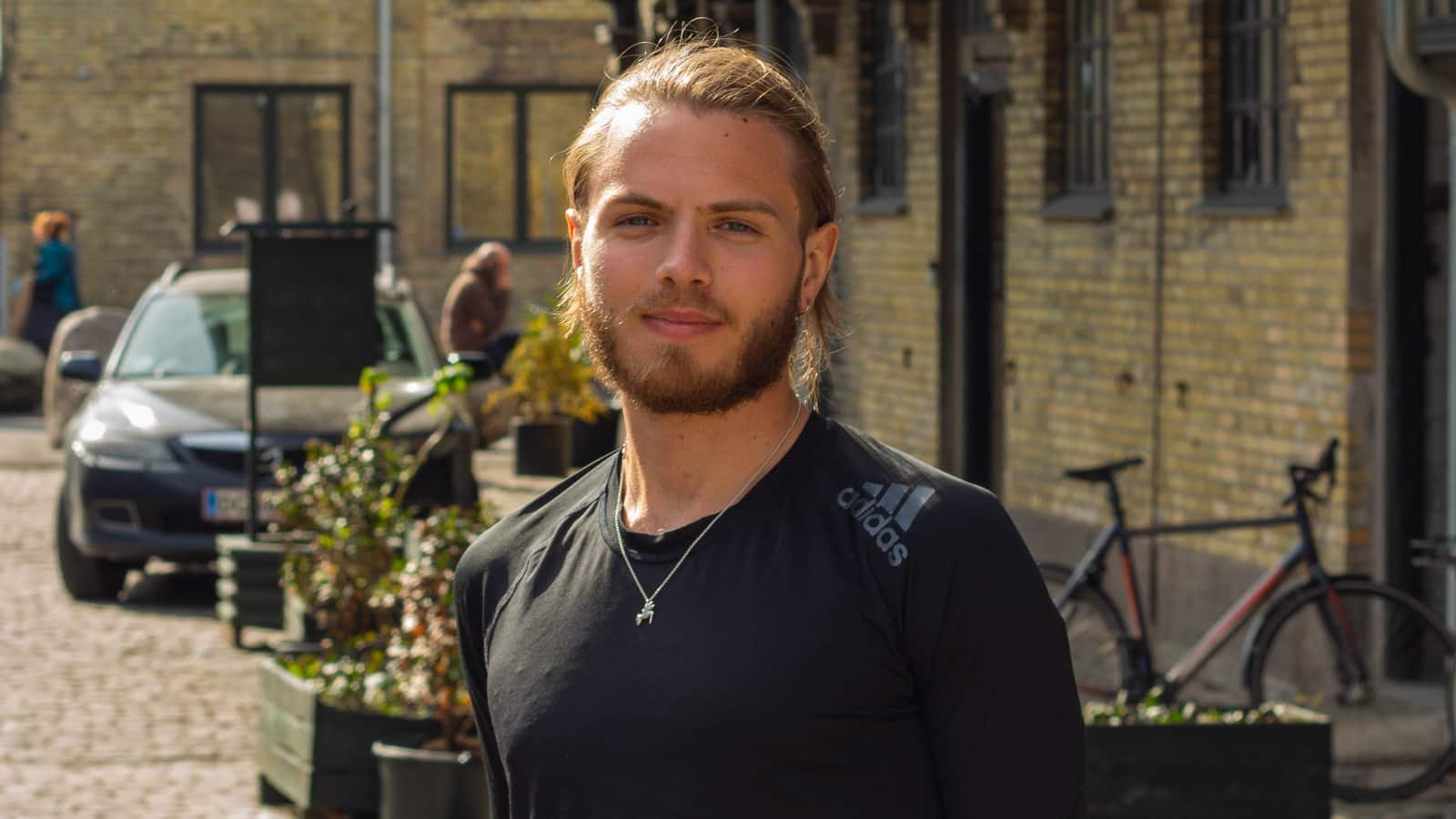 Simon Ottesen/DayZero
Simon Ottesen/DayZeroWorking out every day for at least three hours is non-negotiable for him; it has become a healthy habit as much as a ritual that helps him get into the zone. But he’s not looking to convert anyone; he has merely found a formula that works for him. “Just sitting down and only playing Counter-Strike is not what brings out the best version of myself.”
MSL believes that Kjaerbye can still thrive under the right circumstances. “From his Instagram, it looks like he has worked a lot on that,” he said in that interview with Thorin, referring to Kjaerbye’s mental health issues. “I hope he will come back and put in 100 percent because then I think he can do something again. He has very good communication and understanding. He just needs to keep improving.”
And that’s exactly what he aims to do. Kjaerbye is no longer the person for whom success came too quickly for his own good and who struggled to accept responsibility for his actions. He is stronger, happier, and more mature.
Now that he has had time to reflect on what went wrong and the mistakes that he made, the weight that he was carrying all those years, bringing him down, is finally gone.
“I’m not here to make people happy,” he says. “I have found a way where I can play Counter-Strike and be happy, where I can have goals, big ambitions, and dreams.
“If I end up not performing in a tournament, I will look positively on it. I’ll go back home and use the knowledge I gained to get in better shape. I’ll just get back to work because I love my life and I just want to play Counter-Strike.”
